The Division congratulates the awardees and thanks this year’s fellowship sponsors for their generous support of the next generation of analytical scientists: Agilent, Eli Lilly and Company, Eastman, and the ACS Pittsburgh Section.
Agilent/ACS Analytical Graduate Fellowship
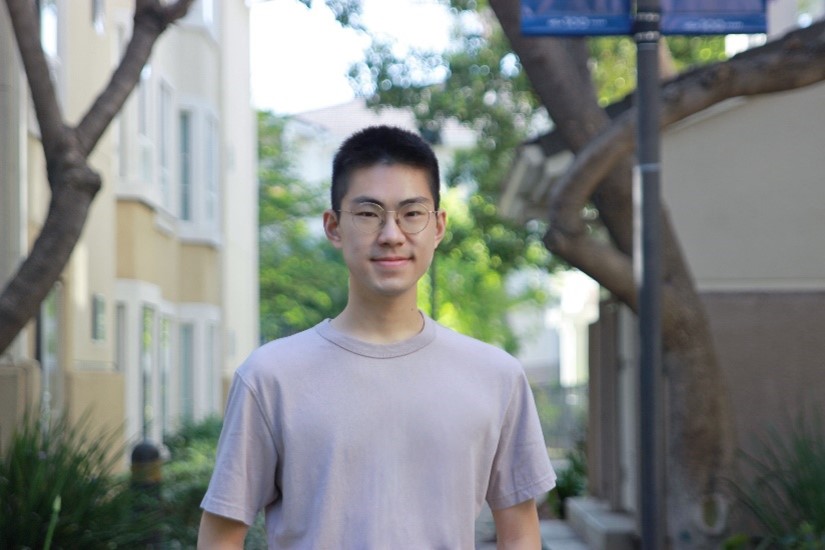
Benqian Wei
Loo Lab, University of California, Los Angeles
My PhD research explores the utility of tandem mass spectrometry-produced internal fragments, from both fundamental and application perspectives, for more efficient and comprehensive protein sequence, structure, and post-translational modification (PTM) characterization. On the fundamental side, we investigated molecular pathways for the formation of internal fragments. On the application side, we hope to advance mass spectrometry workflows to enhance the sequence and structure characterization of proteins and biotherapeutics by incorporating internal fragment analysis. During the fellowship period, I plan to complete the project on investigating how internal fragments can enhance the characterization of monoclonal antibodies and anbody-drug conjugates by middle-down mass spectrometry.
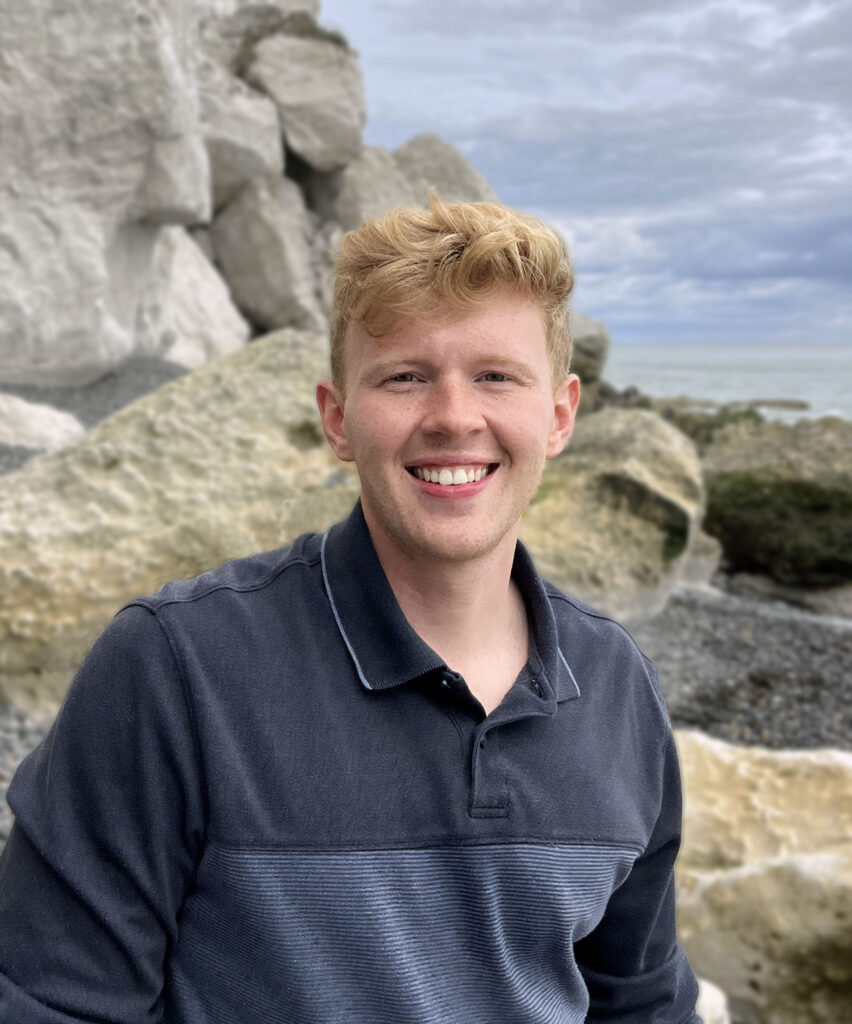
Riley E. Lewis
Haynes Lab, University of Minnesota
My PhD research surrounds designing nanoscale carbon dots to enhance phytoremediation of per- and polyfluoroalkyl substances (PFAS) while focusing on increasing our understanding of how carbon dots interact with PFAS. We have synthesized carbon dots with varying surface chemistries and adapted F-19 NMR methods to quantitatively rank carbon dot affinity towards PFAS. Currently, I am working towards expanding F-19 NMR experiments to gain insight into binding mechanisms, identify the specific interactions that drive carbon dot affinity for PFAS, and understand the timescales of these interactions. This work not only has direct implications in developing sustainable PFAS remediation methods, but also towards expanding the analytical techniques available for understanding nanomaterial sorption.
Eli Lilly and Company/ACS Analytical Graduate Fellowship
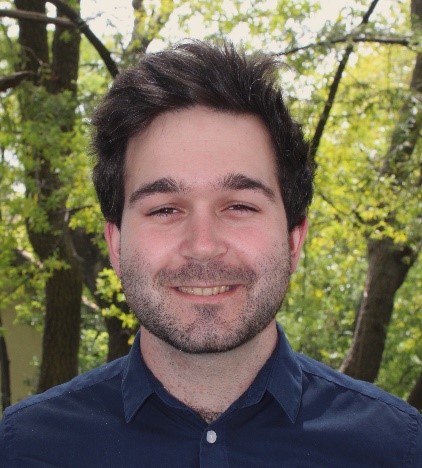
Jacob S. Jordan
Williams Lab, University of California, Berkley
My research is focused on the development of high-throughput methods for studying protein biophysical properties using native mass spectrometry and laser-heated electrospray ionization (LH-ESI), which enables the acquisition of protein melting curves in less than 45 seconds. During the fellowship period, I will couple LH-ESI with capillary electrophoresis for the online measurement of protein melting temperatures, adding an additional dimension of separation for each analyte in protein mixtures. Higher degrees of separation enable the analysis of individual protein stabilities from complex samples, paving the way towards a high-throughput method for determining the effects of solution composition or ligand binding on protein thermal stability.
Eastman/ACS Analytical Graduate Summer Fellowship
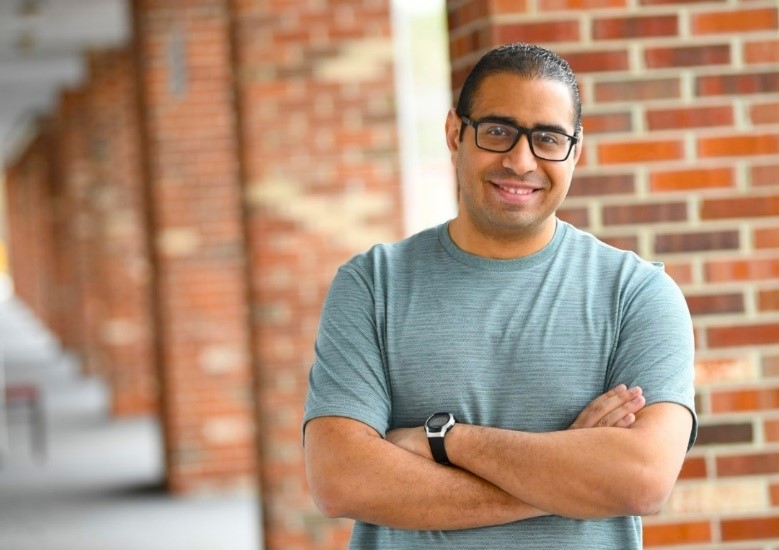
Yousef Hassan
Holland Lab, West Virginia University
During the fellowship period, I will advance a recently discovered method of vibrating sharp-edge spray ionization interfacing, leading to new approaches for capillary electrophoresis-mass spectrometry instrumentation. This work is significant because valuable structural information is obtained by coupling rapid capillary electrophoresis separations of small molecules to mass spectrometry. Research performed through this fellowship will address knowledge gaps about the nature of the ionization of small molecules of pharmaceutical interest observed with capillary electrophoresis-vibrating sharp-edge spray ionization interfacing to mass spectrometry.
ACS Pittsburgh Section/ACS Analytical Graduate Summer Fellowship
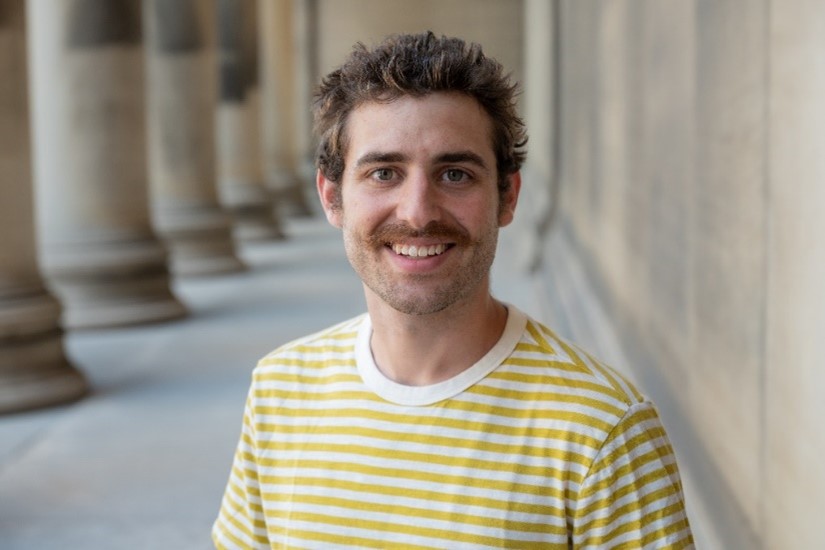
Liam Dugan
Bier Lab, Carnegie Mellon University
A non-destructive mass analyzer is being built to characterize macromolecular ensembles with high resolution using photons. By monitoring modulations in the emission signal, a mass spectrum is sought without ion ejection and therefore destruction of the sample. During the timeframe of this fellowship, I hope to begin the first physical OIT mass analysis experiment on 488nm absorbing quantum dots. The results of this experiment will demonstrate what the signal looks like and the strength of the signal, which will allow for additional optimization, tuning, and signal processing to allow for a more robust instrument.
Honorable Mention
Riley E. Lewis, Haynes Lab, University of Minnesota
Manxi Yang, Laskin Lab, Purdue University
Tingyuan Yang, Yan Lab, Texas A&M University
